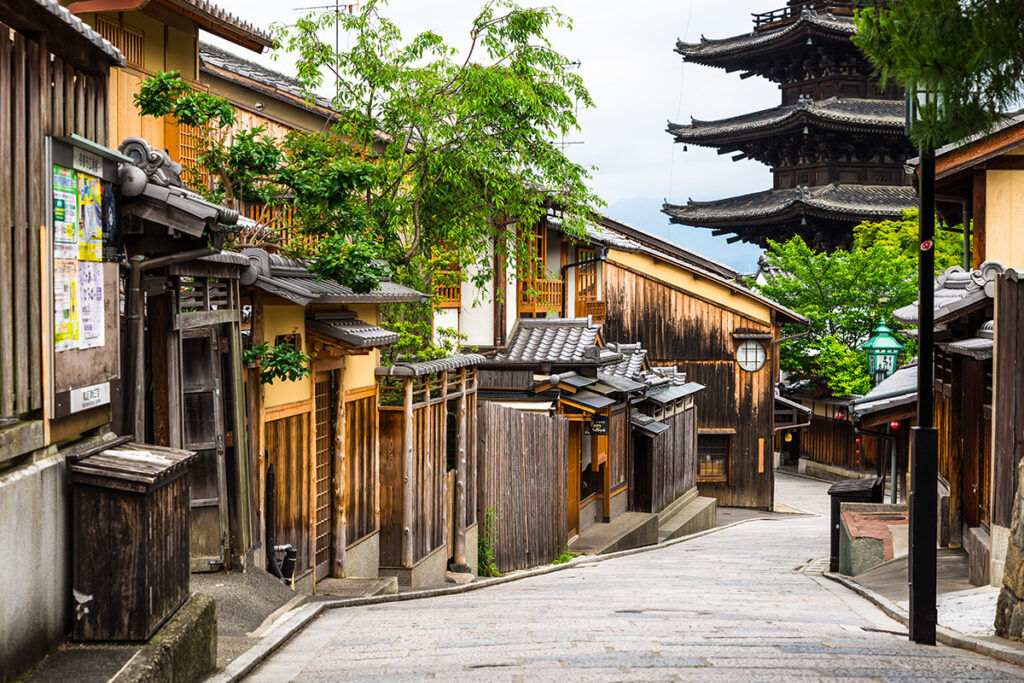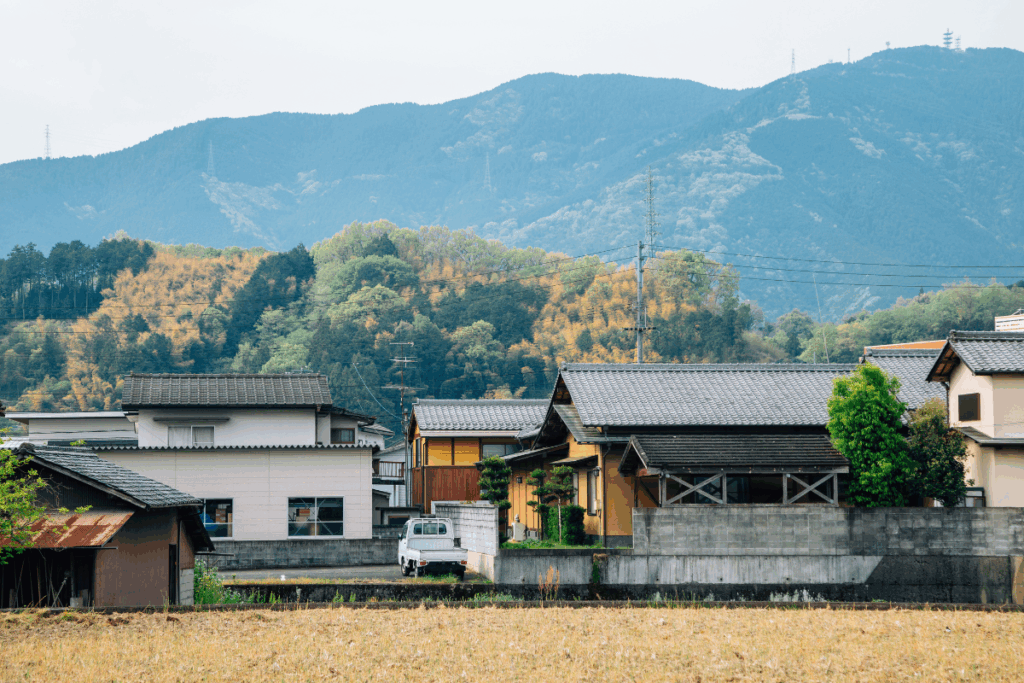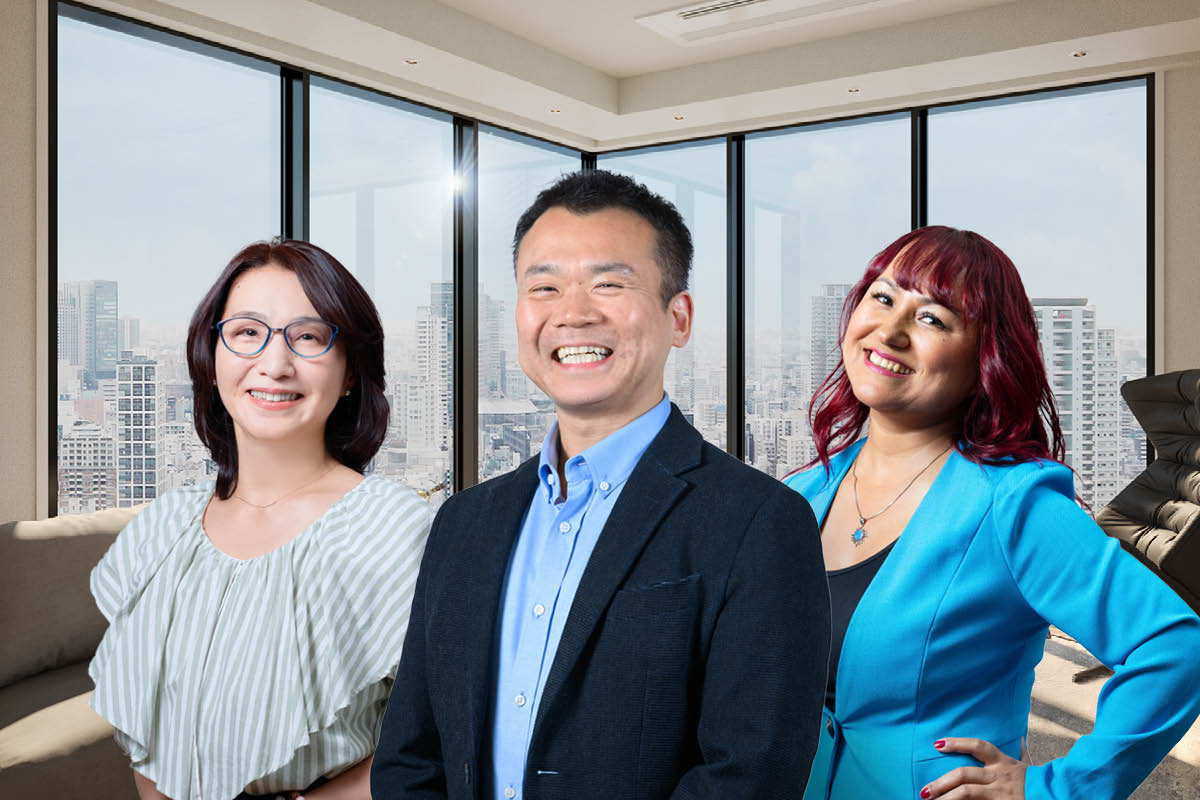Why Buy a Second Home in Japan?
Japan’s unique mix of culture, nature and city life is making it more than just a great travel destination. It’s also becoming a top choice for second homes. Given the rise in inbound tourism to Japan post-pandemic, more and more visitors are coming to the country for vacation and realizing the potential for long-term property investment in one of Asia’s most resilient markets.
Buyers from places such as the United States, Singapore and across Asia are seeing Japan as a stable and surprisingly affordable place to invest, and helping them navigate the process is the bilingual, Tokyo-based real estate firm IREA.
I spoke to IREA’s managing director Tsuyoshi Hikichi. A seasoned agent with more than 22 years in the Japanese real estate industry—about why international buyers are drawn to Japan right now, what kinds of properties they’re choosing and how IREA helps turn interest into smart, stress-free purchases.

Second Home in Japan? Here’s Why Now
According to Tsuyoshi, demand from international buyers has surged in recent years—and for good reason.
“The weak yen, combined with political and economic uncertainties in the US and China, has pushed many to diversify their assets,” he explained. “In places like the US West Coast, Asian-American buyers in particular are finding comfort in Japan’s cultural similarities and appreciating the opportunity to own freehold land, which isn’t always an option in their home countries.”
For Singaporean buyers, the yen’s favorable exchange rate. Now more than 100 yen to 1 Singapore dollar, compared to 60–70 yen a decade ago—has made Japanese properties far more accessible. Japan’s preserved historical charm, especially in cities such as Kyoto, also offers a unique value rarely found in other rapidly modernized Asian cities.
Japan’s ambitious goal of attracting 60 million inbound tourists by 2030 is also creating opportunities. “We meet many clients who visit Japan several times a year,” Tsuyoshi said. “Instead of paying for hotels each time, they’re choosing to buy. And many are open to renting out the property when they’re not using it in order to turn a personal getaway into a cash-generating asset.”
A Big Advantage: No Restrictions for Foreign Buyers
One of Japan’s most appealing features for overseas property buyers is how straightforward it is to own real estate here. Unlike many other countries in Asia, there are no legal restrictions on foreign ownership of property in Japan. Non-residents can purchase freehold property outright, just like Japanese citizens. That being said, it’s still important to proceed with expert guidance. Complexities such as Japan’s tax system, regulatory landscape and property management expectations can differ significantly from those in other countries.
This is where working with a bilingual agency such as IREA and its affiliated company. Axios Management can make a real difference. From the first consultation through to managing the property after purchase, they specialize in helping international buyers navigate the complexities of the Japanese real estate market with greater confidence and clarity.

Spotlight on Kyoto: Machiya Appeal
While IREA primarily focuses on mid- to high-end condominiums in central Tokyo, interest in traditional homes is growing—particularly in Kyoto. A standout example is the classic machiya, Kyoto’s beautifully preserved townhouses that offer historical charm as well as practical investment potential.
One recent IREA client from Singapore, for instance, is purchasing a machiya to use as a holiday home, and plans to rent it out when not in use. Prices for these unique properties can start around 30 million yen. Many are either already renovated or can be restored with IREA’s support.
Through its partnerships, IREA can also assist with renovations to suit modern comforts while preserving traditional aesthetics.
“Kyoto is one of Japan’s best-preserved cultural cities, and many international buyers are captivated by its history and atmosphere,” Tsuyoshi said. “For those looking for a truly Japanese second-home experience, a machiya is a fantastic option.”
What Kind of Properties Are Foreign Buyers Choosing?
In Tokyo, IREA continues to specialize in properties that combine lifestyle appeal with long-term value retention. These include centrally located condominiums in areas such as Asakusabashi, Ueno and Iriya. Neighborhoods that are still reasonably priced compared to more saturated parts of the city and are well connected to transportation hubs. While there is some international interest in countryside akiya (abandoned homes), IREA focuses on properties that offer stronger value retention and rental potential.

Why Work with IREA?
IREA stands out from other real estate agencies in Japan by offering truly bilingual, foreigner-friendly service. “All of our agents speak multiple languages, and we specialize in helping international clients navigate Japan’s complex property landscape,” Tsuyoshi said.
Even more uniquely, IREA is affiliated with Axios Management. A firm that provides full post-purchase support, including utility payments, tax management, vacant home checks and assistance with long-term or monthly rentals. Their 360-degree real estate solutions are not something most agencies in Japan can provide. Together, IREA and Axios offer a seamless, end-to-end experience that gives international buyers peace of mind.

What Should Buyers Know Before Taking the Leap?
While foreigners can legally buy property in Japan without restrictions, buyers should still proceed with care. “Taxes can be high, and if a property is priced too low, there’s usually a reason,” Tsuyoshi warned. “That’s why due diligence and inspections are essential. Unfortunately, there are many unprofessional agents in the market. Start with a consultation, and make sure you’re working with a trusted property manager.”
At IREA, every buyer begins with a thorough consultation to define goals, clarify costs and outline the purchase process. From there, the team handles everything from property search to post-sale management through Axios.
Final Thoughts
Japan offers an appealing option for second-home buyers, but navigating the real estate market here can be tricky, especially if you’re new to the country. That’s why working with a team that really understands both the local landscape and international buyers’ needs can make all the difference. IREA helps bridge that gap.
IREA isn’t just a real estate agency. They support buyers through every step of the process, from finding the right property to managing it after the sale. For many international clients, that kind of hands-on guidance makes all the difference.
Thinking of buying a second home in Japan? Contact IREA to book a consultation and start your journey with expert support every step of the way.
FAQs
Several factors make 2025 ideal:
– A weak yen boosts the purchasing power of foreign buyers.
– Post-pandemic rebound in tourism, with Japan aiming for 60 million inbound visitors by 2030, increases demand and rental potential.
– Japan is viewed as a stable, affordable, and resilient asset market.
Yes. Japan places no legal restrictions on foreigners buying real estate. Non-residents can own freehold land and real estate on the same terms as citizens.
Preferences include:
– Central Tokyo condos in communication-friendly areas (Asakusabashi, Ueno, Iriya) for stable value and rental returns.
– Traditional machiya townhouses in Kyoto, often renovated, starting at around ¥30M (~US$200K), offering cultural authenticity and rental potential.
Many owners offset costs by short- or mid-term rentals when the property is idle. With rising tourism and limited hotel availability, this has become a practical income stream.
Key considerations include:
– Navigating Japan’s tax system and regulations – including property and rental income taxes.
– Watch for suspiciously low property prices; often a red flag signaling hidden problems—due diligence and inspections are crucial.
– Use a reputable, bilingual, foreign-friendly agency to avoid pitfalls.
This Tokyo-based, bilingual agency offers a full-service package:
– Handles everything from initial consulting, property search, negotiations, to closing
– Axios provides post-purchase support: utility payment, taxes, vacant-home monitoring, and rental management.

